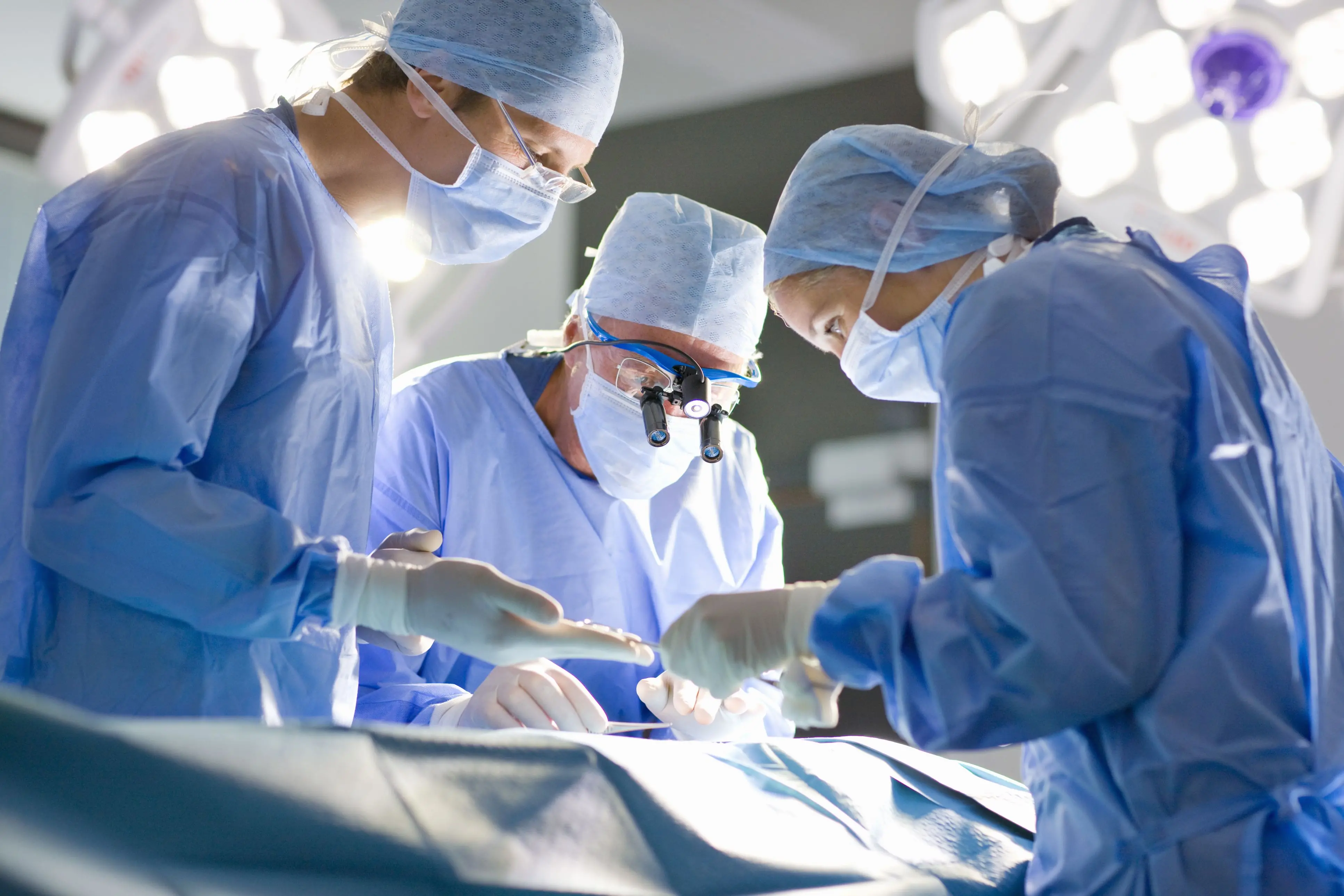- Home
- Medical news & Guidelines
- Anesthesiology
- Cardiology and CTVS
- Critical Care
- Dentistry
- Dermatology
- Diabetes and Endocrinology
- ENT
- Gastroenterology
- Medicine
- Nephrology
- Neurology
- Obstretics-Gynaecology
- Oncology
- Ophthalmology
- Orthopaedics
- Pediatrics-Neonatology
- Psychiatry
- Pulmonology
- Radiology
- Surgery
- Urology
- Laboratory Medicine
- Diet
- Nursing
- Paramedical
- Physiotherapy
- Health news
- Fact Check
- Bone Health Fact Check
- Brain Health Fact Check
- Cancer Related Fact Check
- Child Care Fact Check
- Dental and oral health fact check
- Diabetes and metabolic health fact check
- Diet and Nutrition Fact Check
- Eye and ENT Care Fact Check
- Fitness fact check
- Gut health fact check
- Heart health fact check
- Kidney health fact check
- Medical education fact check
- Men's health fact check
- Respiratory fact check
- Skin and hair care fact check
- Vaccine and Immunization fact check
- Women's health fact check
- AYUSH
- State News
- Andaman and Nicobar Islands
- Andhra Pradesh
- Arunachal Pradesh
- Assam
- Bihar
- Chandigarh
- Chattisgarh
- Dadra and Nagar Haveli
- Daman and Diu
- Delhi
- Goa
- Gujarat
- Haryana
- Himachal Pradesh
- Jammu & Kashmir
- Jharkhand
- Karnataka
- Kerala
- Ladakh
- Lakshadweep
- Madhya Pradesh
- Maharashtra
- Manipur
- Meghalaya
- Mizoram
- Nagaland
- Odisha
- Puducherry
- Punjab
- Rajasthan
- Sikkim
- Tamil Nadu
- Telangana
- Tripura
- Uttar Pradesh
- Uttrakhand
- West Bengal
- Medical Education
- Industry
Rate of vaginal complications after cystectomy higher than expected: Study

USA: Over 20% of women who undergo cystectomy experience a vaginal complication, and this rate is higher than expected, reveals a recent study published in the Journal of Urology.
Cystectomy with a vaginal-sparing approach may be linked with unique complications peculiar to females. Lee A. Richter, MedStar/Georgetown University Medical Center, Washington, District of Columbia, and colleagues conducted the study with an objective to estimate the rate of vaginal complications (defined to include vaginal fistula, vaginal prolapse, dyspareunia, and vaginal cuff dehiscence/evisceration) following cystectomy and to determine the risk factors for these complications.
For this purpose, the researchers identified women aged 65 years or older undergoing cystectomy for any indication by procedural codes in the Medicare Limited Data Set 5% sample between January 1, 2011, to December 31, 2017. Comparisons were made between patients experiencing a vaginal complication after cystectomy to those who did not. They identified biological and demographic factors that could increase the likelihood of complications and determined the time to development of complications.
The cumulative incidence function was used to calculate cumulative incidence. Risk factors for vaginal complications were assessed using the Multivariable cause-specific Cox proportional hazards model.
Based on the study, the researchers found the following:
· In all, 481 women undergoing cystectomy were identified during the study period, and 37.2% were younger than 70 years old.
· The majority (79%) had bladder cancer, and 83.4% underwent an incontinent conduit or catheterizable channel diversion.
· Within 2 years of cystectomy, 19.5% had 1 or more complications on record.
· Vaginal cuff dehiscence had the highest cumulative incidence, occurring in 10.2 of the patients.
· Over the entire study period (2011–2017), 21.2% of women were diagnosed with a vaginal complication, and 5.6% received an intervention.
"Vaginal complications occur at rates higher than expected among women who undergo cystectomy with over 20% of women experiencing a complication and over a quarter of those diagnosed undergoing intervention," the authors concluded.
Reference:
Richter LA, Osazuwa-Peters OL, Routh JC, Handa VL. Vaginal Complications after Cystectomy: Results from a Medicare Sample. J Urol. 2022 Apr;207(4):789-796. doi: 10.1097/JU.0000000000002336. Epub 2021 Dec 2. PMID: 34854750; PMCID: PMC8916976.
Dr Kamal Kant Kohli-MBBS, DTCD- a chest specialist with more than 30 years of practice and a flair for writing clinical articles, Dr Kamal Kant Kohli joined Medical Dialogues as a Chief Editor of Medical News. Besides writing articles, as an editor, he proofreads and verifies all the medical content published on Medical Dialogues including those coming from journals, studies,medical conferences,guidelines etc. Email: drkohli@medicaldialogues.in. Contact no. 011-43720751


